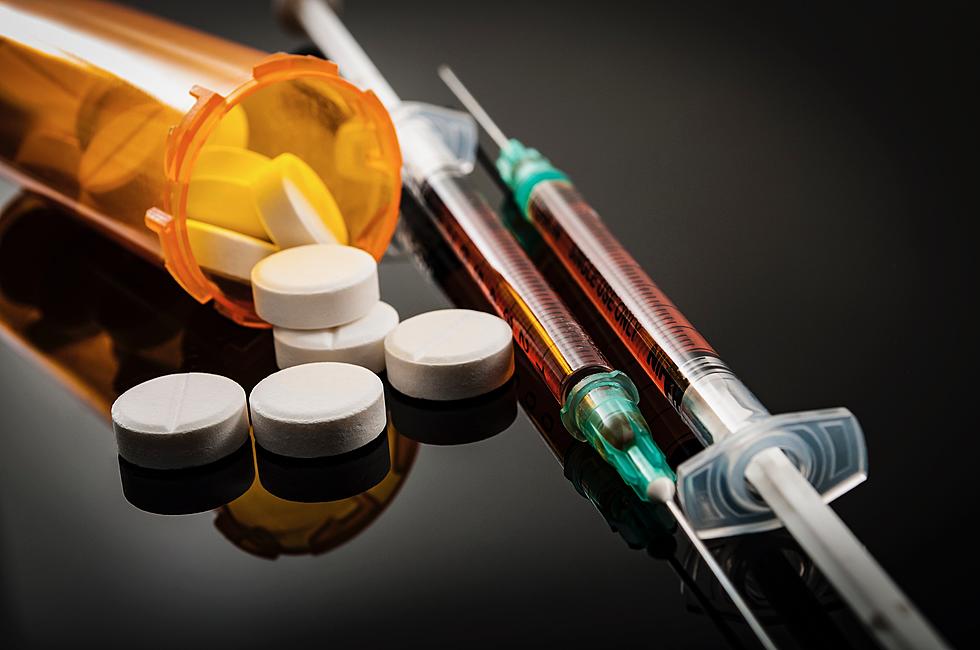
NJ residents ‘touched by epidemic’ more concerned about opioids
The vast majority of New Jerseyans consider opioid addiction to prescription pain medication to be a “serious problem” in the state and in their own communities — including affluent residents who may not have recognized this problem in the past.
So found a poll by Rutgers University and the Eagleton Center for Public Interest Polling.
“We see those who are middle-aged, parents, those who are living down on the shore or in higher income brackets, and those who know someone who has abused opioids in the past, are all especially more likely than their counterparts in the past to feel that the problem is serious in their community," said Ashley Koning, director of the Eagleton Center.
The poll found that 73 percent considered opioid addiction a very serious problem within the state while 21 percent considered it a "somewhat serious problem." About 7 in 10 said it was a serious problem within their community
Meanwhile, about 10 percent say opioid addiction is not very serious or not a problem at all, whether on the community or state level.
According to Koning, the differing views on how serious the problem is and whether there is a problem at all depend on demographics as well as how much of a personal impact the epidemic has had.
“We see those who are touched by the epidemic or those who are in demographics that have been touched by the epidemic especially more likely to raise their voice in concern and say that something serious is going on here,” she said.
Although there is widespread agreement that a problem exists, New Jerseyans were divided on where to pin responsibility.
“New Jerseyans are kind of all over the board when it comes to the blame game for the opioid epidemic, but still we really see that half of New Jerseyans are placing that blame on doctors and pharmaceutical companies combined," Koning said.
About one-fifth blame the prescription painkiller users themselves, while another 18 percent say a combination of these factors is to blame.
“The Legislature and current administration have been really focused on treatment options, and only 11 percent of New Jerseyans feel like this is the best way to go forward. Instead, New Jerseyans much more side with limiting prescriptions," Koning said.
Another frequently proposed solution was educating people about the risks of opioid use.
“New Jerseyans feel like they know a lot about what’s going on but they claim that they really don’t know what the state government, their local governments are doing, or really how to help. So an increase in education, New Jerseyans feel, that would be very beneficial to at least quell the problem,” Koning said.
More From Beach Radio










